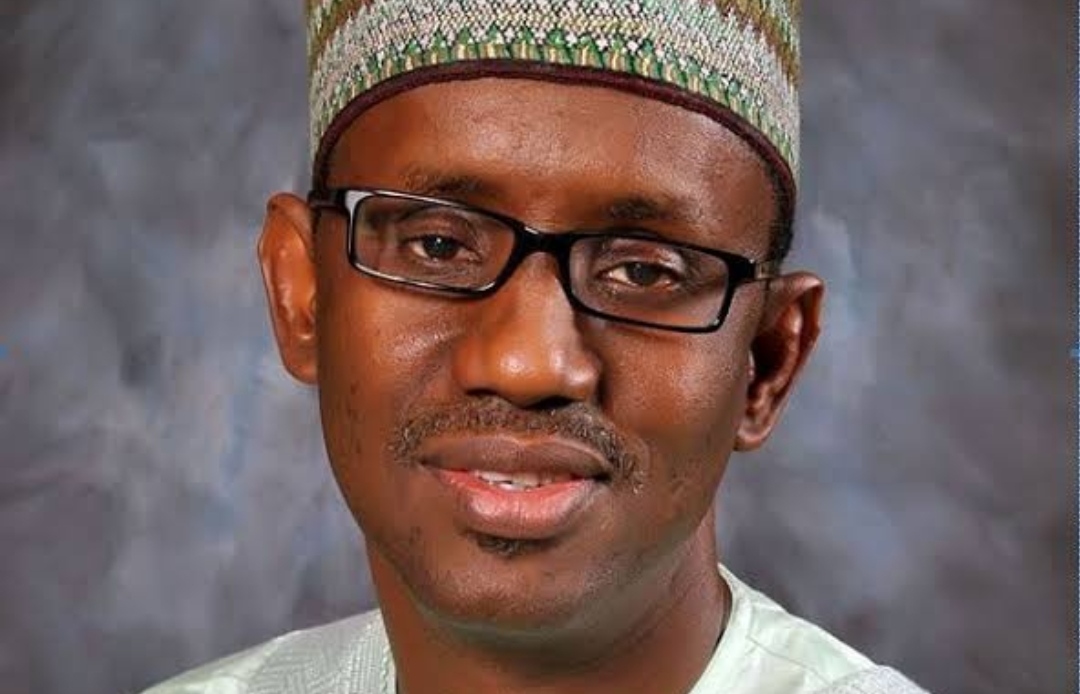Nuhu Ribadu, the pioneer chairman of the Economic and Financial Crimes Commission (EFCC), and other global anti-graft advocates have called for the creation of an International Anti-Corruption Court (IACC).
Ribadu signed up for the declaration under the aegis of the Integrity Initiatives International in Boston, USA.
The signatories which include former heads of state and government from over 40 countries are advocating for a new international court to address the global problem of corruption.
The forum said the international court would address the “global problem of grand corruption- the abuse of public office for private gain by national leaders (kleptocrats) – which thrives in many countries and has devastating consequences for human rights, human health, and international peace and security.”
Richard Goldstone, former judge of the South African supreme court of appeal, said: “Kleptocracy and impunity for crimes of grand corruption are an enduring and a growing evil in many countries. The victims are invariably the poor and powerless from whom vast sums are, in effect, are stolen.
”An International Anti-Corruption Court is urgently needed to prosecute, punish and deter kleptocrats, and to recover, repurpose and repatriate vitally needed illicit funds.”
A strong case for the establishment of IAAC
The signatories, on the platform of Integrity Initiatives International, an NGO whose mission is to strengthen the enforcement of criminal laws against kleptocrats, submitted that grand corruption does not flourish because of a lack of laws, but because kleptocrats control the administration of justice in the countries they rule.
“The 187 countries that are party to the United Nations Convention Against Corruption (UNCAC) each have laws criminalizing corrupt conduct. Yet kleptocrats enjoy impunity because they control the administration of justice in the countries that they rule,” they said.
“Because grand corruption has global consequences and often cannot be combated by the countries most immediately victimized by kleptocrats, a new international institution – an International Anti-Corruption Court – is necessary and justified.”
IAAC jurisdiction
Related Articles
The group said the IAAC should have jurisdiction “to prosecute violations of existing domestic anti-corruption laws, or a new international counterpart of them, by kleptocrats and their collaborators, if the country the kleptocrat rules is unwilling or unable to prosecute a case itself.”
It said the court should also have the authority to prosecute crimes committed by nationals of Member States, and by nationals of other states who commit crimes in the territory of a Member State.
“The IACC should be a court of last resort with the capacity to prosecute and imprison kleptocrats, and thus create opportunities for the democratic process to replace them with honest leaders,” it said.
The group added that the court should have “the authority to recover, repatriate, and repurpose illicit assets for the victims of Grand Corruption” in civil as well as criminal cases.
Signatories
Some former heads of state and government who signed the declaration alongside Mr Ribadu are Carl Bildt, former Prime Minister and former Foreign Minister of Sweden; Moncef Marzouki, former President of Tunisia; Rosen Plevneliev, former President of Bulgaria; and Juan Manuel Santos, former President of Colombia and Nobel Laureate.
Others include Haris Silajdžić, former Prime Minister and former Chairman of the Presidency of Bosnia and Herzegovina; and Danilo Türk, former President of Slovenia.
Mr Ribadu, the pioneer head of EFCC, Nigeria’s flagship anti-corruption agency, from 2003 to 2007, falls into the category of the signatories who were former government and intergovernmental organisation officials.
He is the only Nigerian on the list of over 100 signatories from 40 countries.
Other countries with representatives among the signatories include Afghanistan, Argentina, Australia, Bolivia, Brazil, Canada, Chile, Colombia, France, Germany, Guatemala, Italy, India, Indonesia, Iran, Jordan, Kenya, and North Macedonia.
Others are, Paraguay, Peru, Philippines, Singapore, South Africa, Spain, Sweden, Switzerland, Tanzania, Ukraine, United Kingdom, United States, Venezuela, Angola, Equatorial Guinea, Malta, Mexico, Philippines, Republic of the Congo, Russia, and Zimbabwe.








